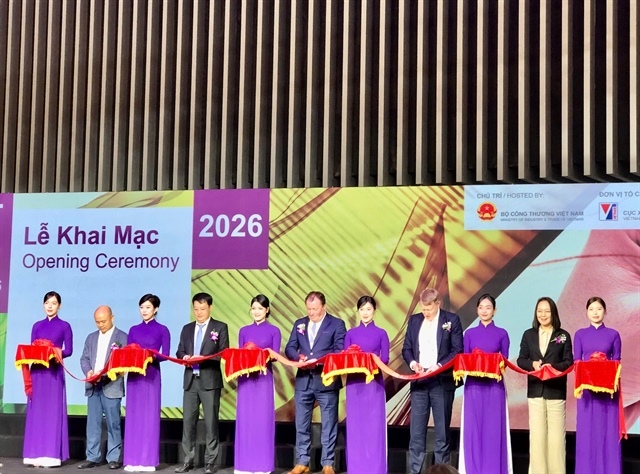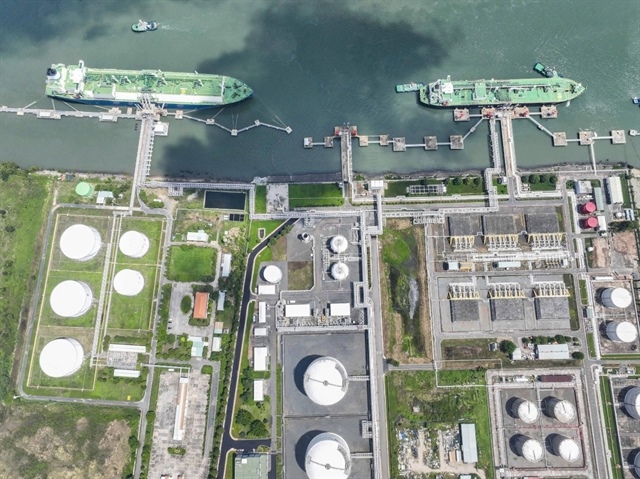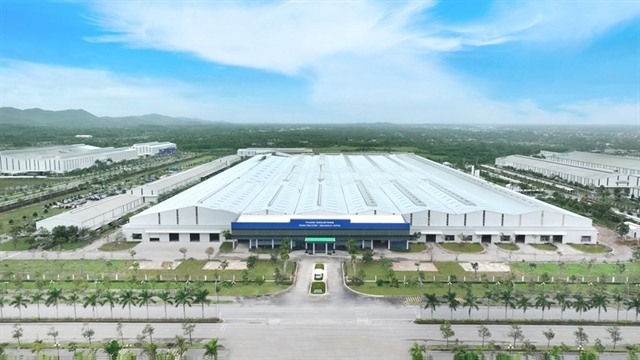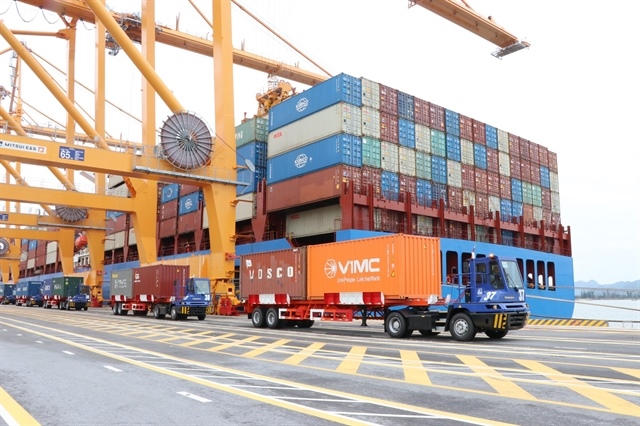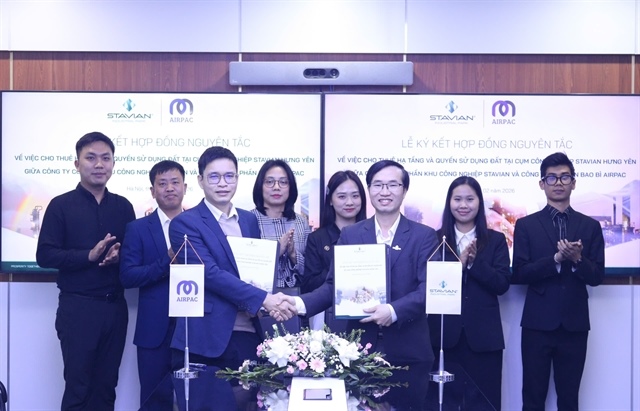Vietnam decides on removal of glyphosate from agricultural production
Vietnam decides on removal of glyphosate from agricultural production
The Ministry of Agriculture and Rural Development today officially enacted a decision on the proposed removal of pesticides containing the active ingredient glyphosate from the list of pesticides allowed for use in Vietnam.
The move has leveraged the studies the ministry (MARD) has conducted back in 2015 after the International Agency for Research on Cancer (IARC), which belongs to the World Health Organization (WHO), announced their assessment about potential causes of blood, lung, and prostate cancer via pesticides containing glyphosate.
It has also based on the verdicts from two American courts against global seeds firm Monsanto, which stated that the group’s Roundup herbicide was the important agent in causing cancer to two American men.
“In order to protect human health, animals, the ecosystem and the environment, Minister of the MARD signed Decision No.1186/QD-BNN-BVTV on April 10 regarding the removal of pesticide containing glyphosate from the list of pesticides allowed for use in Vietnam,” the MARD said in today’s press statement.
In Vietnam, glyphosate carries over 100 different trade names, and the decision on list removal will come into force 60 days from April 10. The roadmap allows continued usage and trading of already-imported glyphosate for up to a year.
Let’s have a look on the insiders’ sentiments about the MARD’s fresh decision proposing removal of glyphosate from Vietnam’s agricultural production practice.
Bayer, global leader in life sciences
“Bayer respects and shares in the Vietnamese government’s interest to protect farmers and consumers alike. Unfortunately, today’s decision on banning glyphosate will not help to improve food security, safety, or sustainability in the country. Importantly, Bayer is not aware of any new scientific assessment undertaken by the government of Vietnam on which the decision is based.
Glyphosate-based products have been on the market around the world for more than 40 years and are among the most thoroughly-studied products of their kind. Hundreds of studies submitted to regulators, as well as peer-reviewed publications, show that these products can be used safely.
Constant multi-year ongoing reviews by regulatory and scientific bodies also demonstrate that glyphosate is not carcinogenic.
The US Environmental Protection Agency, European Food Safety Authority, and regulatory authorities in Canada, Japan, Australia, South Korea, Brazil, and elsewhere routinely review all approved pesticide products and have consistently reaffirmed that glyphosate is not carcinogenic.
As Health Canada noted in a very recent statement, no pesticide regulatory authority in the world currently considers glyphosate to be a cancer risk to humans at the levels at which humans are currently exposed.
We have seen the unfortunate impact of denying farmers access to such an essential tool. Sri Lanka had imposed a glyphosate ban in 2015. However, the ban was reversed on tea and rubber last year after local farmers became vocal about the huge economic impact and irreparable harm to their businesses.
Vietnamese farmers should be spared this experience and should be able to use the same approved tools that farmers worldwide continue to benefit from.
Bayer shares Prime Minister Nguyen Xuan Phuc’s vision for Vietnam’s agriculture sector and supports his calls for scientific and technological advances to drive sustainable economic growth.”
CropLife Asia, regional voice of plant science industry
“The decision to take a safe and effective herbicide like glyphosate out of the hands of farmers signals a detour from the great progress and advancements made by Vietnamese agriculture.
A study recently conducted by the United Kingdom’s PG Economics indicates farmers across Asia, including Vietnam, would see significant input cost increases if restrictions on glyphosate were put in place. Specifically, PG Economics estimates additional weed control costs for Asia’s farmers without the benefits of glyphosate would tally between $1.4 billion and $1.9 billion.
Likewise, more than 800 comprehensive scientific studies around the world have been conducted on glyphosate. The result is a very strong safety profile over the course of four decades that has enabled its approval for use in more than 160 countries globally.
Some of the higher-profile regulatory agencies which have repeatedly found it safe for use include the European Chemicals Agency, the European Food Safety Authority, the US Environmental Protection Agency, the Australia Pesticide and Veterinary Medicine Authority, and the joint FAO/WHO Meeting on Pesticide Residue.
CropLife Asia will continue to pledge its partnership with the Vietnamese government and the food value chain stakeholders in the shared journey ahead, and we will also remain steadfast in our commitment to Vietnamese farmers in ensuring their access to safe and effective plant science technology.”


